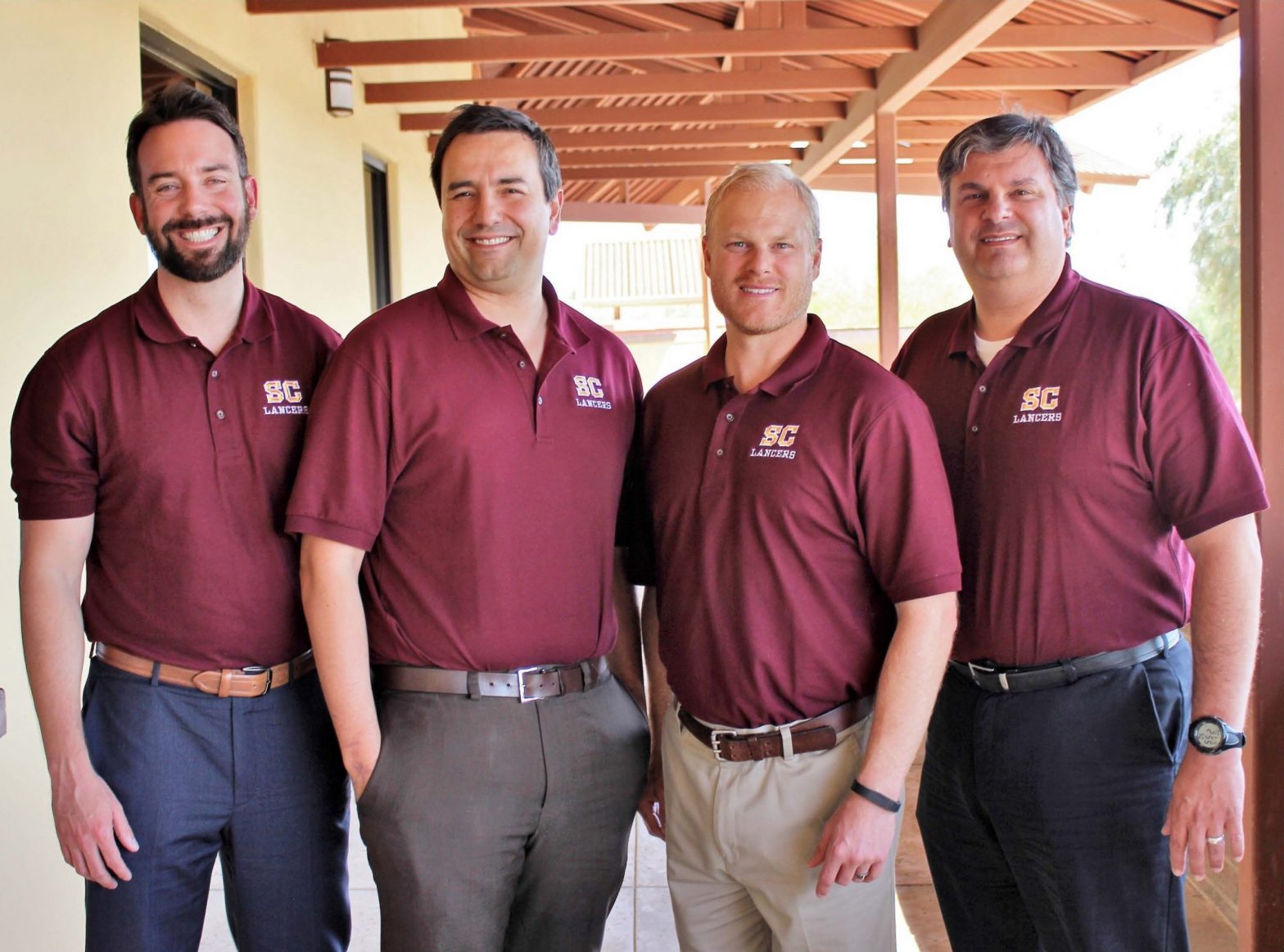Probate
From your Tucson Probate attorneys, the Probate process in Arizona is essentially this:
After a decedent’s death, the person named in his/her Last Will and Testament as Personal Representative (sometimes called the executor or executrix, depening on the jurisdiction) – or, if you die without a Will, the person appointed by a judge – files papers in the local probate court. The Personal Representative proves the validity of the decedent’s Last Will and Testament and presents the court with lists of his/her property, debts, and who is to inherit what the decedent has left.
Once the validity of the Will has been established and the devisees and/or heirs identified, those parties, and all known creditors of the estate are officially notified of the decedent’s death. See A.R.S. 14-3801 et seq. Usually by your Tucson Probate attorneys.
In the interim, the Personal Representative’s duties, among other things, are to find, secure, and manage the decedent’s assets during the Probate process, which commonly takes a few months to a year. Depending on the contents of the decedent’s Will, and on the amount of his debts, the Personal Representative may have to decide whether or not to sell the decedent’s real estate, securities, or other property. For example, if the Will makes a number of cash bequests but the decedent’s estate consists mostly of valuable artwork, the collection might have to be appraised and sold to produce cash. Or, if the decedent has substantial outstanding debts, the Personal Representative might have to sell some of his property to pay those debts.
In most states, immediate family members may ask the court to release short-term support funds while the probate proceedings lumber on. Then, eventually, the court will grant permission to the Personal Representative to pay the decedent’s debts and taxes and divide the rest among the devisees named in his Will. Finally, the decedent’s property will be transferred to its new owners.
In some instances; for example when a decedent’s estate does not have many assets (see, Small Estate Probate Exemption at A.R.S. 14-3971(B)), a Personal Representative can administer the decedent’s estate without the necessity of going through the Probate process. Your Tucson Probate attorneys can help with this process as well,
And in other cases, a probate proceeding might end up with a dispute and in estate litgation. In any event, our Tucson Probate attorneys can help you with all legal aspects of the probate process and take that stress off of your shoulders.
If you have questions regarding Probate or are a Personal Representative in need of help with the Probate process, call the Tucson Probate attorneys at Lancer Law at (520) 352-0008 or [email protected]. Mention this web page for a FREE CONSULTATION on your estate planning / probate needs.

 Best of Both Worlds
Best of Both Worlds






